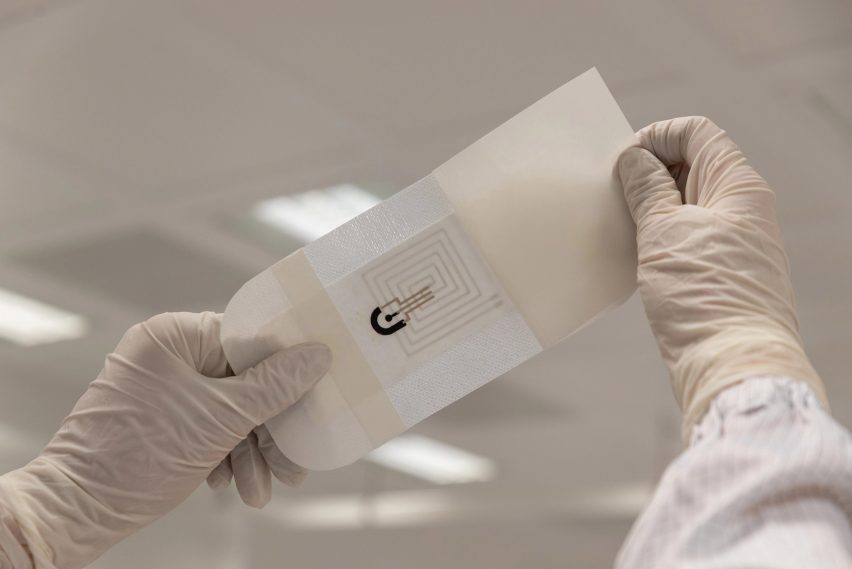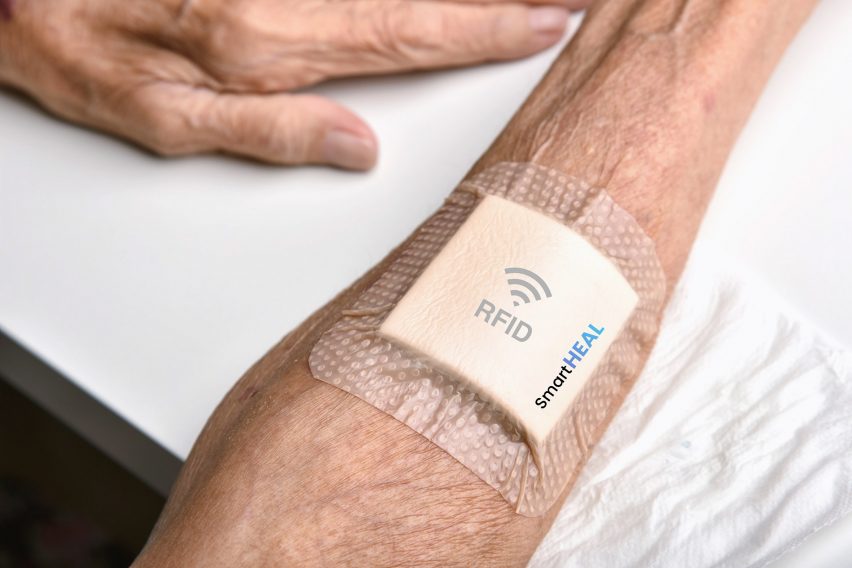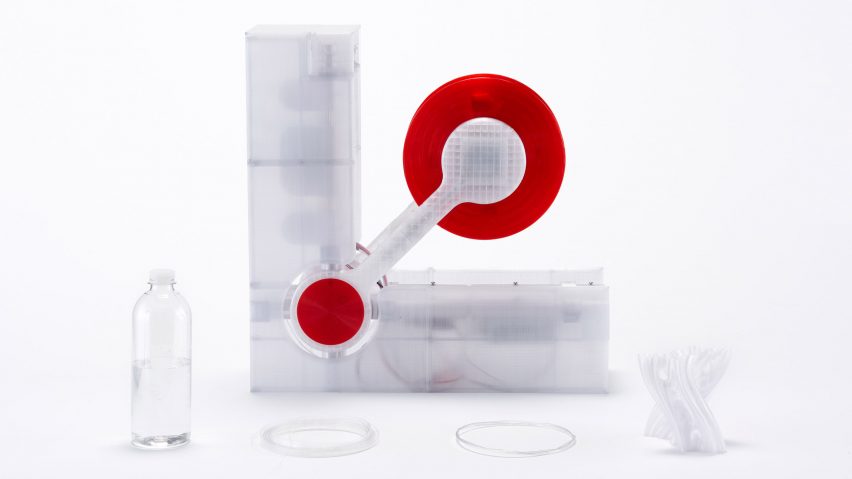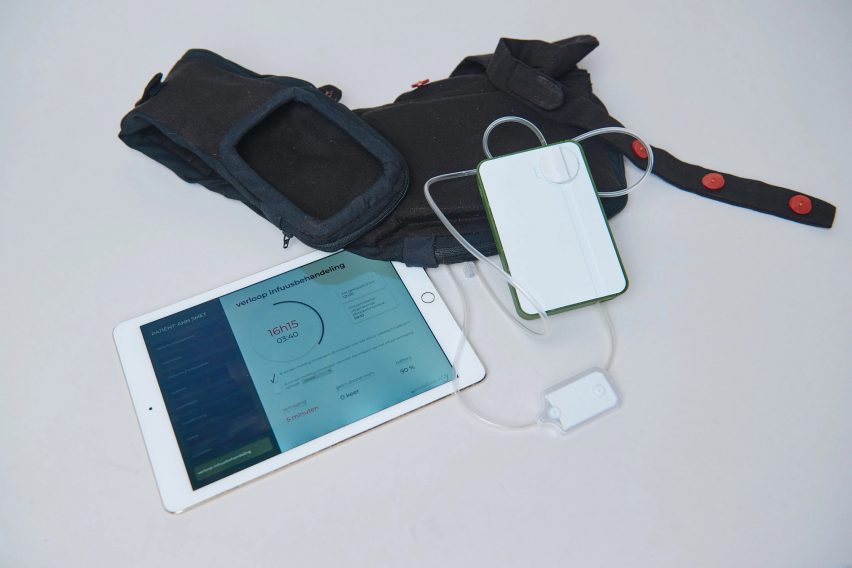Three PhD students from Warsaw University of Technology were named grand prize winners of the James Dyson Awards this year for their SmartHEAL sensor. This sensor is embedded into a dressing and can detect how wounds are healing.
The smart sensor, designed by Tomasz Raczyński, Dominik Baraniecki and Piotr Walter, measures the pH balance of a wound to detect possible infections without needing to change the dressing – as this can disrupt the tissue and actually cause infection.

This is particularly important for seniors who are at higher risk of chronic wounds. These can cause complications and even death in 25% of those over 70.
The inventors stated that they offer instant results and a non-invasive product which can speed up healing times and prevent the death of thousands of patients.
“Our manufacturing technology makes it possible to produce very large quantities and scale production. This makes our product affordable for all.”

SmartHEAL uses an electronic pH sensor printed on a textile backing. It doesn’t need batteries or power to work.
Instead, the sensor uses radio frequency identification (RFID) to communicate information about the wound’s state. This wireless communication system uses radio waves in order to transfer information about the wound’s pH. It can be accessed by simply passing a mobile phone over the sensor.
The designers stated that the key to their solution was our innovative technology of manufacturing dressings with an integrated sensor. This involves easy-to-implement and scalable screen printing technology, as well as thermal transfer.
It can be washed and stretched, but it won’t crack.

As the winners of the James Dyson Awards grand prize, the trio will receive £30,000 in prize money. These funds will be used to finish SmartHEAL’s clinical trials and start testing phases. The goal is to get the product on the market by 2025.
James Dyson, a British inventor and founder of the award that selects the grand prize winners each year, stated: “I hope this award will give the team the impetus to continue down the difficult path towards commercialisation.”
Another £30,000 was awarded to Polyformer – an open-source recycling machine that turns plastic bottles into 3D-printing filament – which was named this year’s global sustainability winner.
Swaleh Olais and Reiten Chng designed the machine in order to assist makers in South Asia with recycling plastic waste.
The duo explained that they are using the prize money for several Polyformers, Polyformer-Lites and other maker spaces in Rwanda.
“With these machines students, designers, makers in Rwanda can have low-cost filament for 3D printing.”

The international runner-up prize for this year’s awards went to Ivvy by Charlotte Blancke – a wearable alternative to intravenous drip poles.
Every year, the James Dyson award recognizes excellence in student design, engineering, and research around the world. The grand prize and sustainability winner are selected from a list that includes 29 national winners.
Past winners include a test kit to detect breast cancer at home and a solar system made from food waste. This panel can be used to harvest energy from both visible sunlight and invisible UV rays.